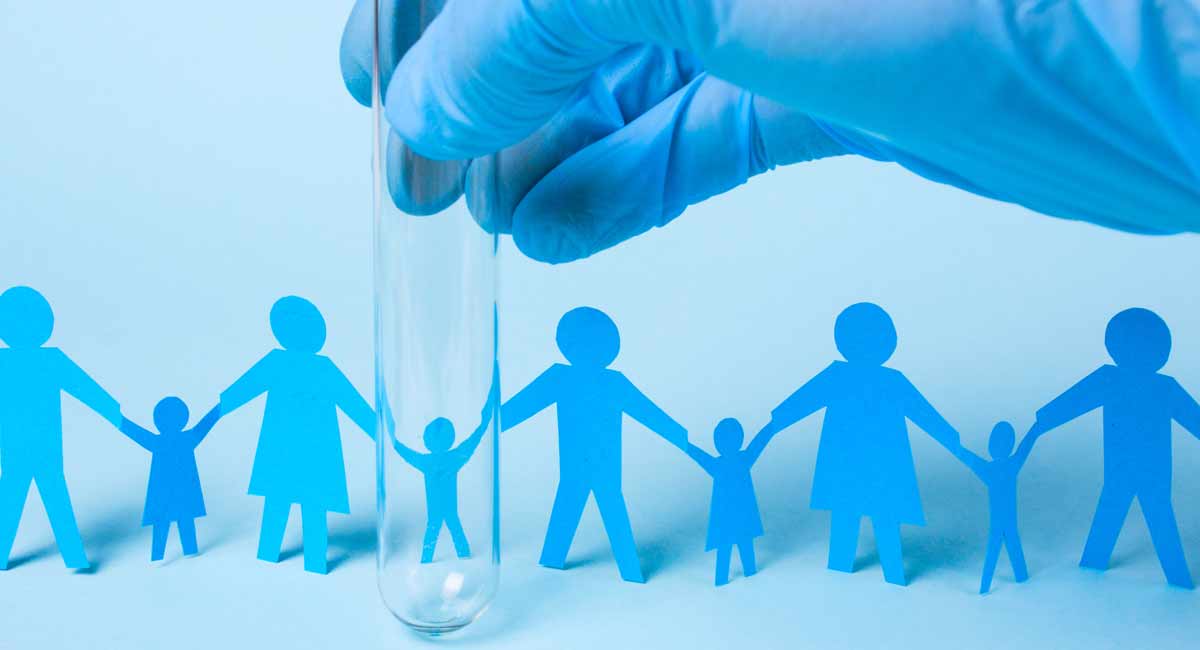The Wall Street Journal recently profiled a woman who became a mother through sperm donation and in vitro fertilization (IVF) but ended up with ‘leftover’ embryos. Rather than destroy them or store them indefinitely, she decided to donate her remaining embryos to other families, claiming they were merely “potential children.” Yet, she wanted to maintain a connection to them.
Lynn Wesley, a teacher in Massachusetts, has been a foster mom for years, providing care for over 70 children and eventually adopting three. But she wanted biological children, so she turned to assisted reproductive technology (ART).
First, she tried artificial insemination, and when that failed, she tried IVF. Four embryos were created, and Wesley was able to give birth to a girl in 2018, with three embryos remaining in storage. “Wesley didn’t consider her embryos children,” the Journal reported. “They were potential children, and she wrestled with a question facing other women and families holding on to embryos: What is my duty to them? Her clinic charged more than $500 a year to store embryos, money she felt would be better spent on raising her children.”
Though Wesley did adopt three children from foster care, she chose not to adopt two brothers; instead, she adopted one and encouraged a friend to adopt the other brother, because she wanted to have a biological child instead of another adopted one. “I kept imagining going through pregnancy and having a child,” Wesley said. “I wouldn’t have wanted to miss that.”
READ: Woman created through IVF wonders about her still-frozen siblings
After having her daughter, she opted to place her other embryos for adoption, allowing others to give them a chance at life — certainly, a better option than destroying them or leaving them frozen indefinitely. But though Wesley said her background as a foster mother prepared her for letting children go, even calling herself “cut and dry,” the reality wasn’t quite so easy.
The embryo adoption came with conditions; she wanted to be able to know how the children were doing, and have the possibility of meeting them one day. If the embryos were not used, they would have to be returned to her.
“I wanted to have that connection still,” she said. Though she said her embryos were mere “potential children,” it’s clear that Wesley still felt an emotional bond with them, and rightfully so; embryos are actual human beings, with distinct DNA, genetics, eye color, hair color, gender, and other traits already determined at fertilization. There are estimated to be one million embryos frozen indefinitely in the United States alone. Each of them is a human being whose natural growth has been suppressed because the parents who once wanted them so deeply now see them as ‘extras.’
Meanwhile, a Harvard Medical School study found that 62% of children born after being conceived through donor technologies, like sperm or egg donation, consider it to be immoral and unethical. The largely unregulated fertility industry has led to the widespread commodification of children who have been created to fulfill the desires of adults.
“When you are commissioning and swiping your credit card for a product, even one that you want badly, you are participating in commodification, regardless of whether the intended parents are the biological parents of the surrogate-born children,” explained Katie Breckenridge, operations manager for Them Before Us. “In this case, the products are human beings.”







